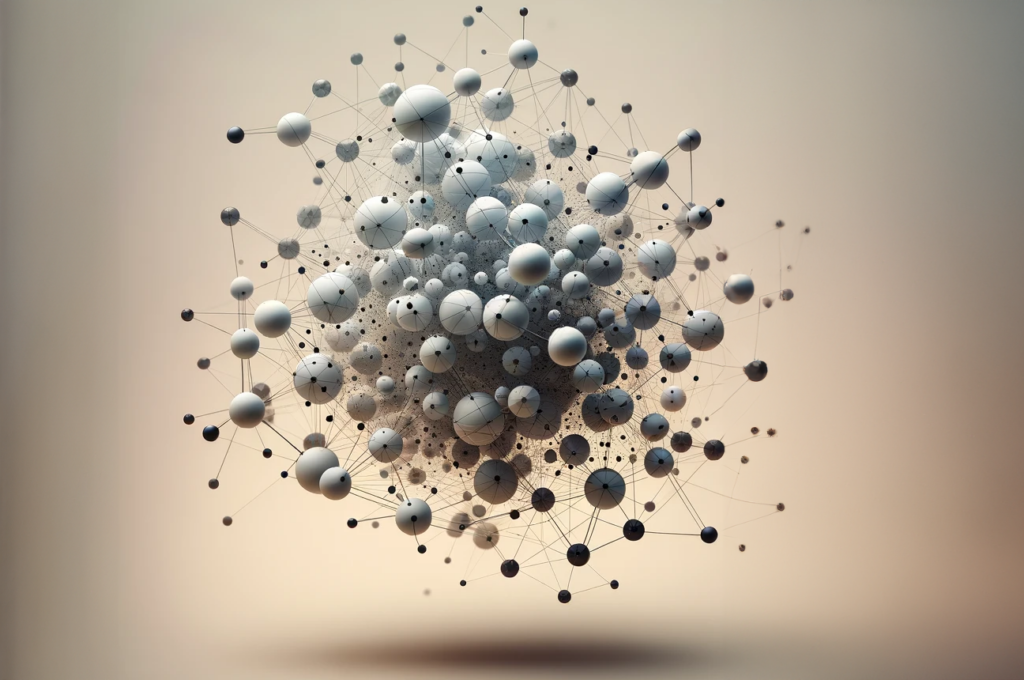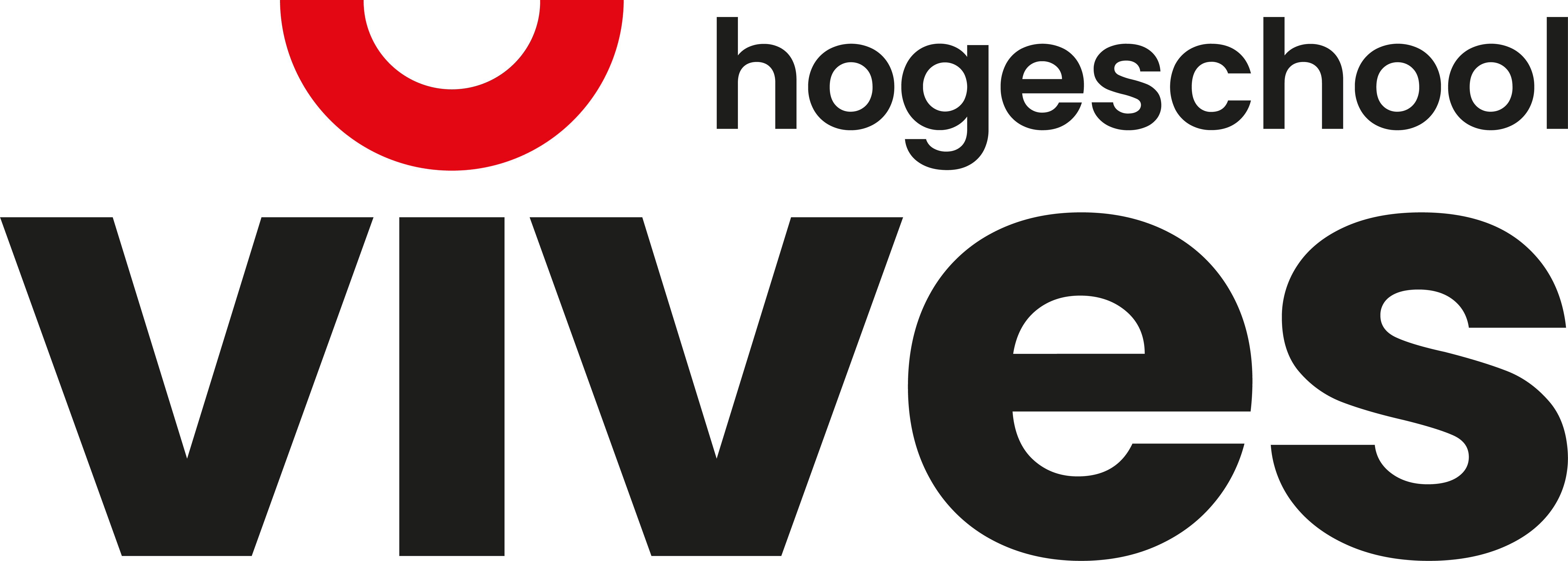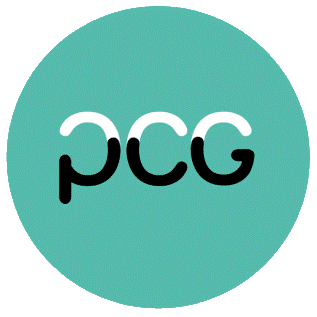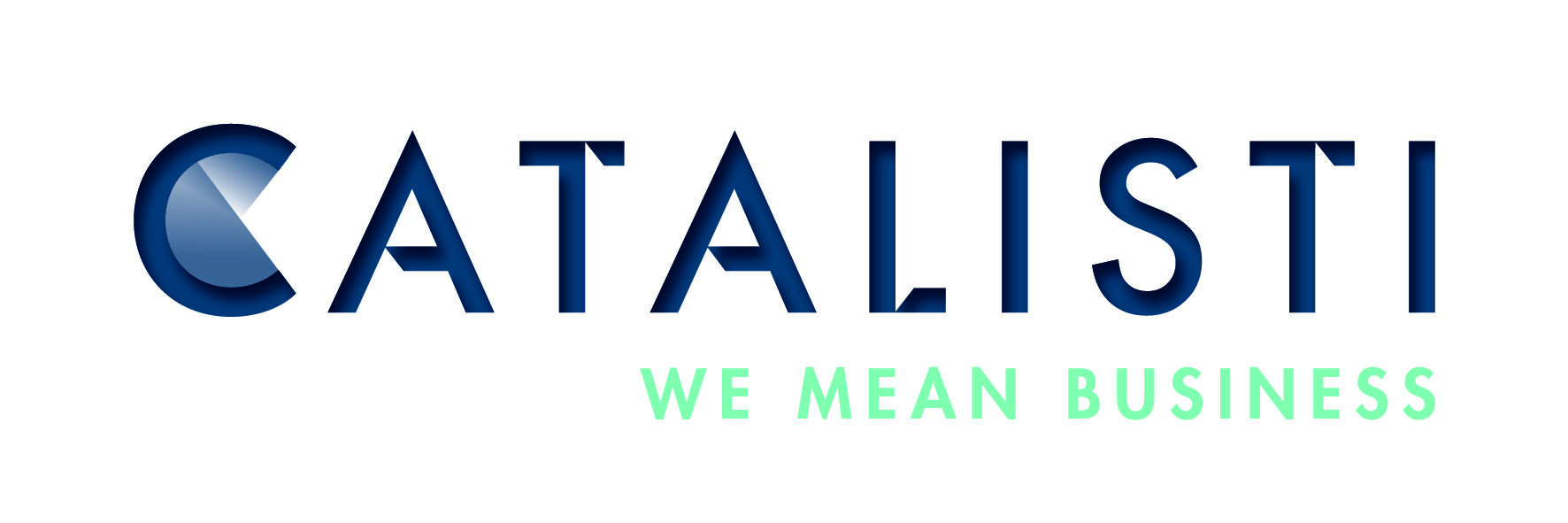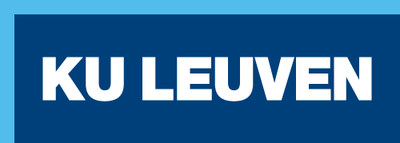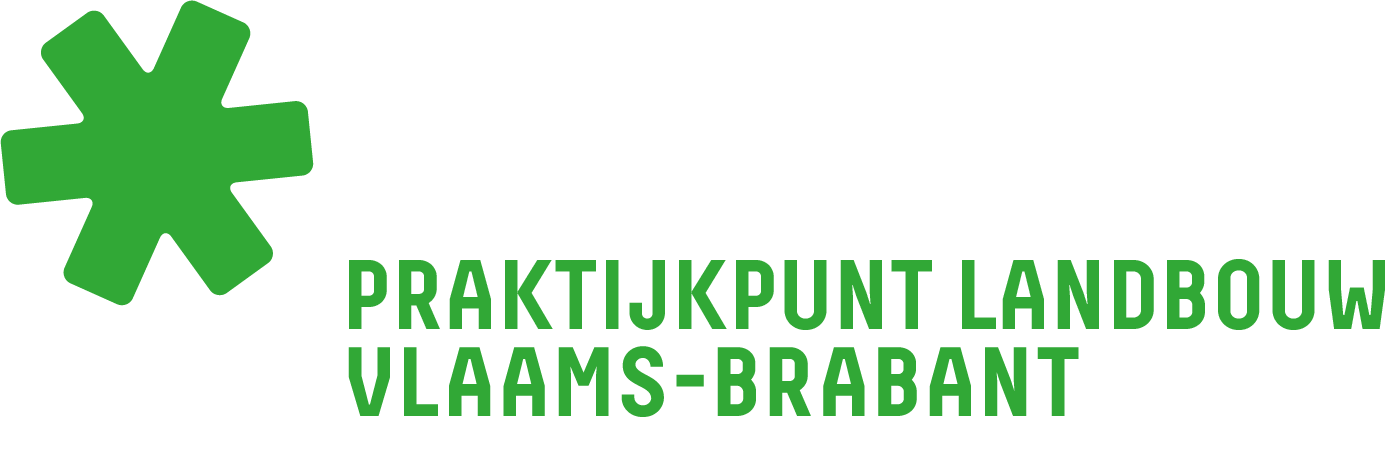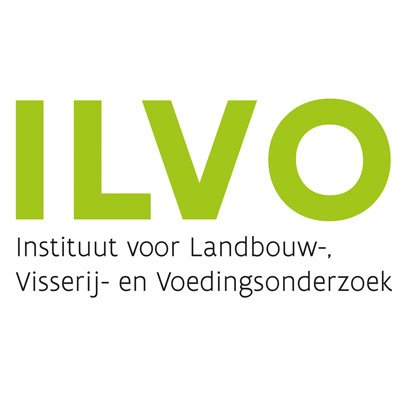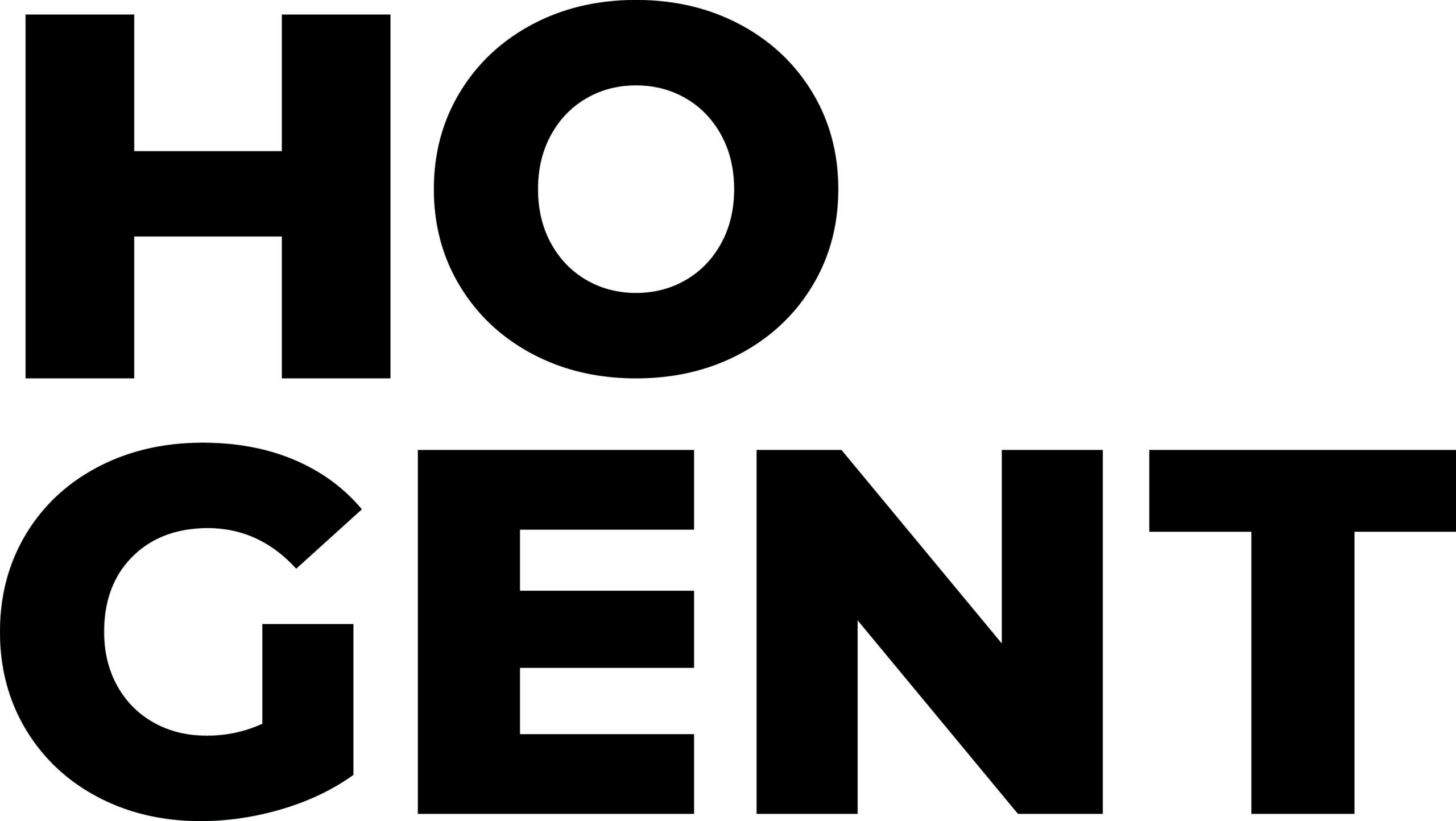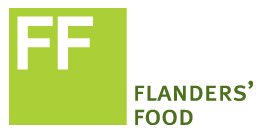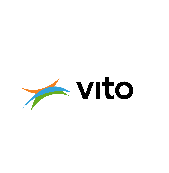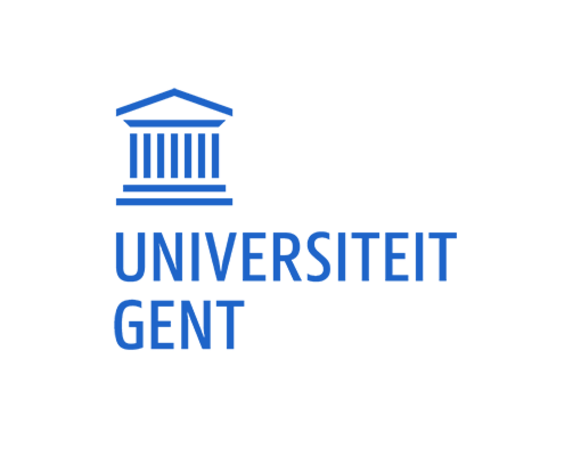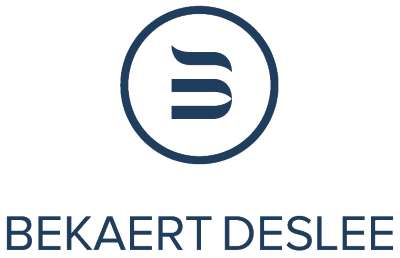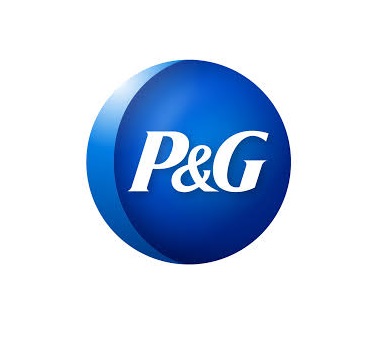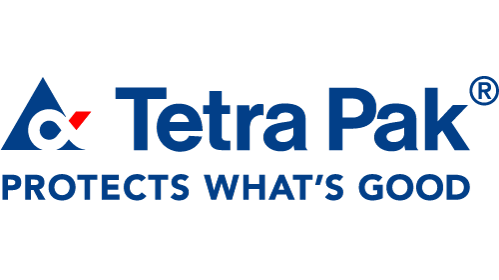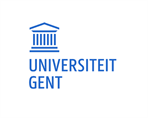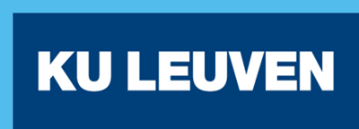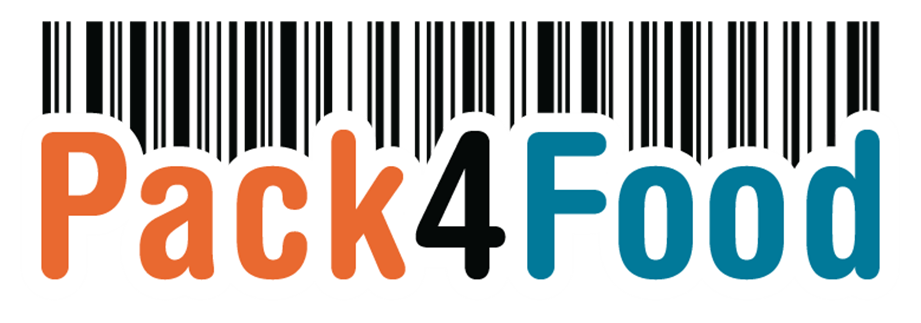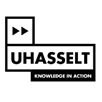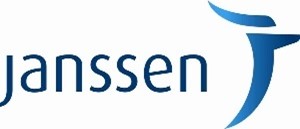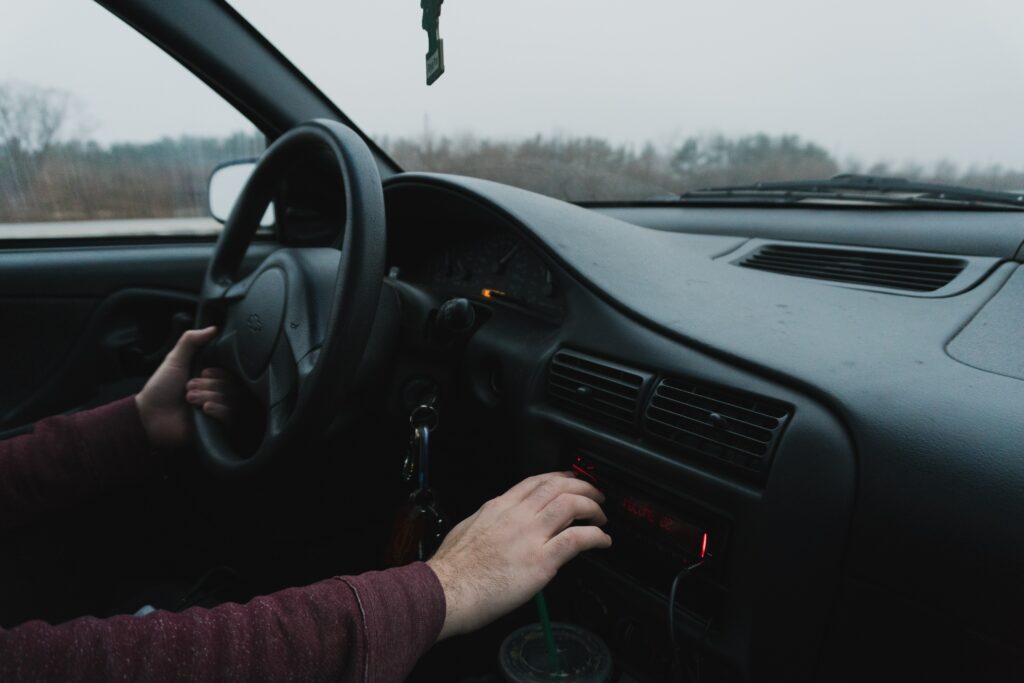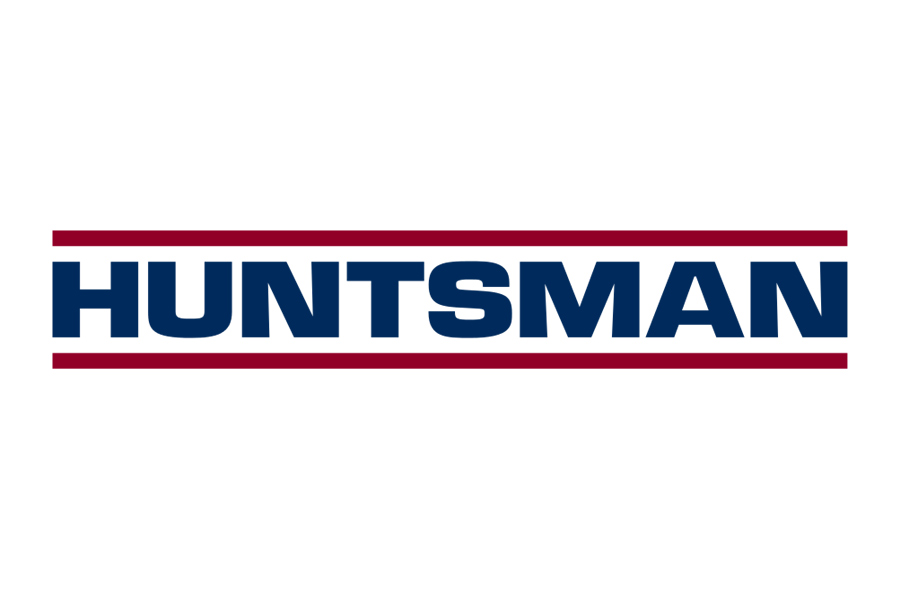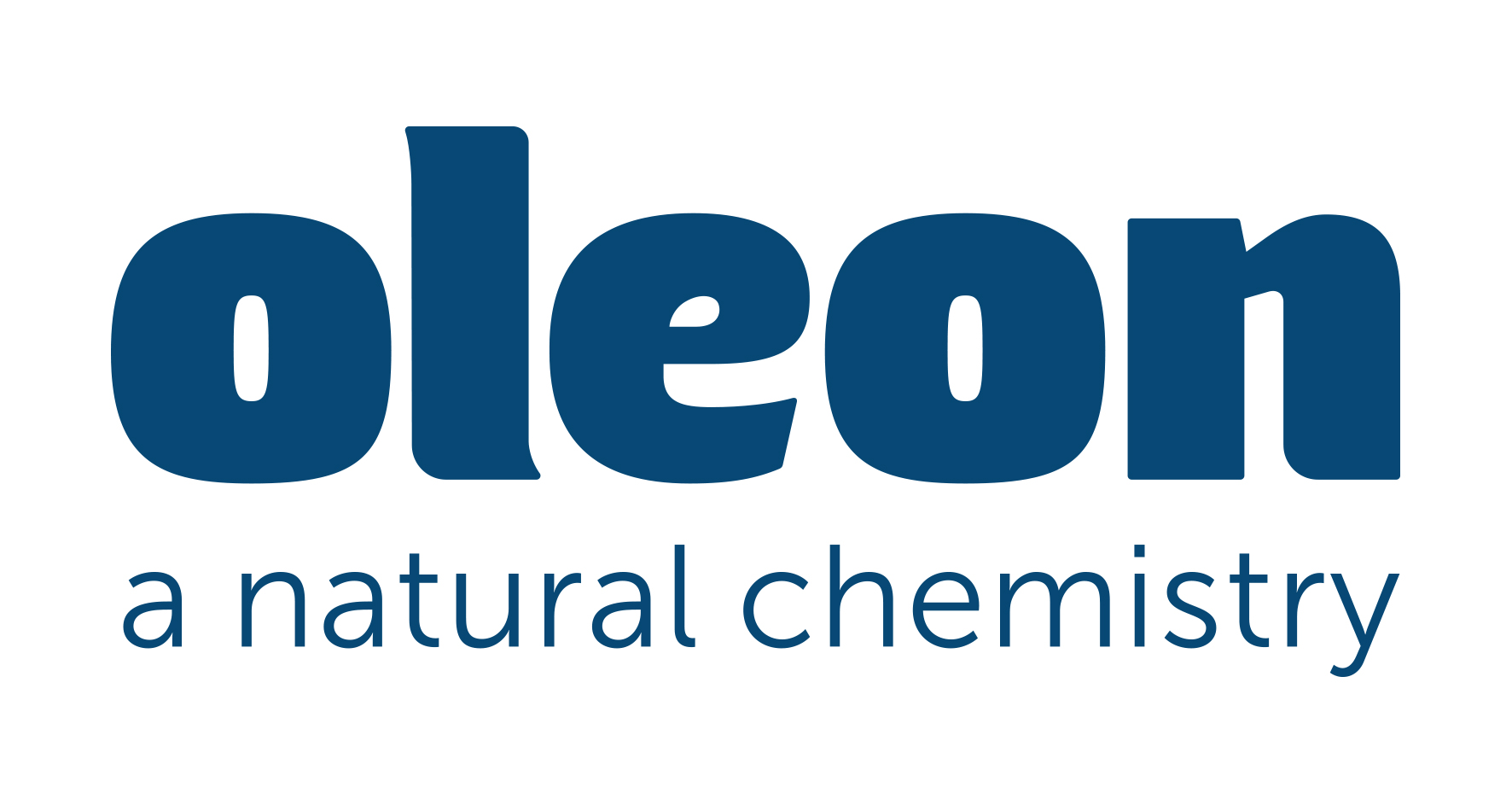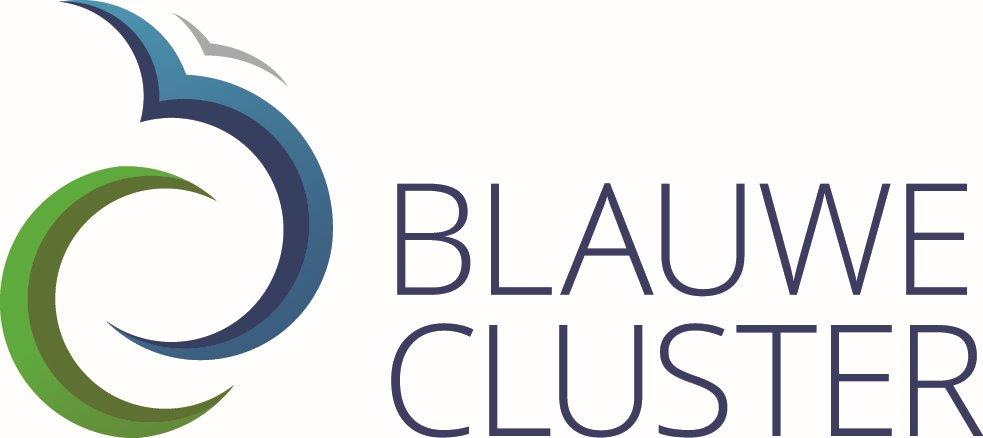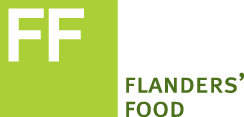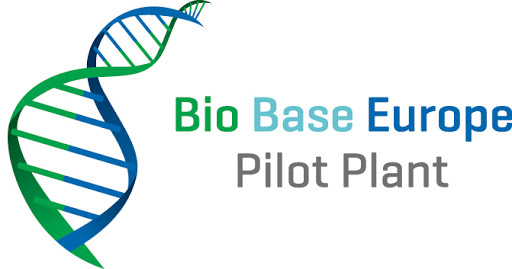Vlaamse bedrijven slagen er in om hun competitieve voordelen t.o.v. het buitenland te behouden door een performante clusterwerking. Een recente VUB-studie concludeert dat de zes Vlaamse speerpuntclusters Catalisti (chemie & plastics), De Blauwe Cluster (mariene), Flanders’ FOOD (voeding), Flux50 (energie), MEDVIA (gezondheid) en VIL (logistiek) hun rol zeer goed vervullen en er voortreffelijk in slagen om vanuit hun neutrale en deskundige positie vele partijen samen te brengen.
Consensus over rol clusters
Kennisinstellingen, bedrijven en lokale overheden zijn unaniem dat de zes speerpuntclusters instaan voor kennisdeling en kennisdoorstroming en mede aan de wieg staan van ontwikkeling van nieuwe kennis. Ook blinken ze uit in het borgen van de kennis voor de volgende generaties. Dit zorgt voor een innovatie-boost waardoor Vlaamse bedrijven de moeilijkheden van de energiecrisis, de grondstoffenschaarste, de klimaatuitdagingen en de problemen van een krappe arbeidsmarkt de baas kunnen blijven.
“Barry Callebaut wil als wereldspeler in chocolade aan de top blijven op vlak van innovatie. Via de cluster werken we samen met andere top-voedingsbedrijven in Vlaanderen, zoals Vandemoortele en Soubry om een grote sprong vooruit te maken in digitalisering in onze fabrieken. De hefboom die ontstaat via deze samenwerking heeft een positieve impact op de volledige voedingssector. Clusterorganisaties zijn cruciaal om ons te verbinden in innovatie”
– Barry Callebaut
Cluster Memorandum
Op vraag van de speerpuntcluster-directies voerde de Vrije Universiteit Brussel een studie uit om met een constructief-kritische blik te analyseren wat een optimale rol kan zijn van een clusterorganisatie in het snel evoluerende economisch en maatschappelijk landschap. De directies willen met de output van de studie aan de slag gaan om hun strategische en operationele doelen te verfijnen. Ze zijn overtuigd dat hun goede werk moet verder gezet worden en op basis van de inzichten zal een memorandum uitgewerkt worden waarmee de Vlaamse Regering aan de slag kan om te waarborgen dat Vlaanderen aan de top blijft inzake innovatie en clusterbeleid, een clusterbeleid van en voor ondernemingen, een clusterbeleid dat het transformatief proces ondersteunt waarin elke onderneming vandaag verkeert.
“De speerpuntclusters bundelen het economisch weefsel en zorgen ervoor dat de opgebouwde kennis snel en transparant zijn weg naar de bedrijven vindt.”
Kurt Van Donink, Vice President European Logistics, Nike
Elke speerpuntcluster is uniek
De speerpuntclusters zijn divers in hun organisatiestructuur en aansturing. Er worden dan ook andere accenten en prioriteiten gelegd. De studie, waarbij naast een literatuurstudie als benchmark t.o.v. het buitenland ook een aantal focusgroepen van bedrijfsleden, kennisinstellingen en andere innovatie-actoren georganiseerd werden, bevestigt dat deze diversiteit nodig is om ervoor te zorgen dat er op maat diensten kunnen geleverd worden aan de leden. Deze leden komen immers vanuit de verschillende sectoren, technologieën en disciplines die elk hun specifieke en andere uitdagingen hebben. Speerpuntclusters zijn dé katalysator en gatekeeper bij uitstek. Sandro Iacovella, oprichter van ThermoVault bevestigt dit:
“Als startende ondernemers met academische achtergrond was het essentieel om een klankbord te hebben dat je begrijpt, in je gelooft en meedenkt met jouw specifieke uitdagingen. De cluster heeft hierin een belangrijke rol gespeeld en ons geïntroduceerd tot de juiste partijen. Momenteel zijn we met onze eigen retrofit oplossing voor residentiële verwarmingssystemen actief in meerdere landen, in combinatie met de wereldwijde afzetmarkt van fabriekstoestellen door onze strategische partner Ariston. Ik kan gerust zeggen dat zonder die ondersteuning we nu niet zo ver hadden gestaan bij de uitbouw van ThermoVault”.
Sandro Lacovella, oprichter ThermoVault
Een gericht VLAIO, sterke clusters in Europa
De VUB-studie bevestigt ook de sterke positie van Vlaanderen waarbij clusters vele rollen en taken opnemen en heel strategisch ingezet worden. In het bijzonder wordt hierbij de rol van VLAIO, agentschap voor innoveren en ondernemen, genoemd dat met een heel gericht clusterbeleid aan de bron staat van het succes. Uniek aan dat beleid is de industriële focus en bedrijf gestuurde werking. Deze sterkte moet VLAIO ook de volgende jaren blijven uitspelen in Europa.
InnovFest
InnovFest is een invloedrijk netwerkevenement dat de synergie tussen de Vlaamse overheid, de zes speerpuntclusters en bedrijven benadrukt. Op 20 februari bij Lamot in Mechelen worden de resultaten van de VUB-studie toegelicht door Prof. Elvira Haezendonck. De 6 speerpuntclusters brengen die dag ook, zij aan zij, de recentste technologische doorbraken in drie break-out sessies om de uitdagingen rond duurzaamheid, energie en arbeidsmarkt op te lossen. Het evenement biedt een unieke inkijk in het dynamische landschap van innovatie en groei in Vlaanderen.

